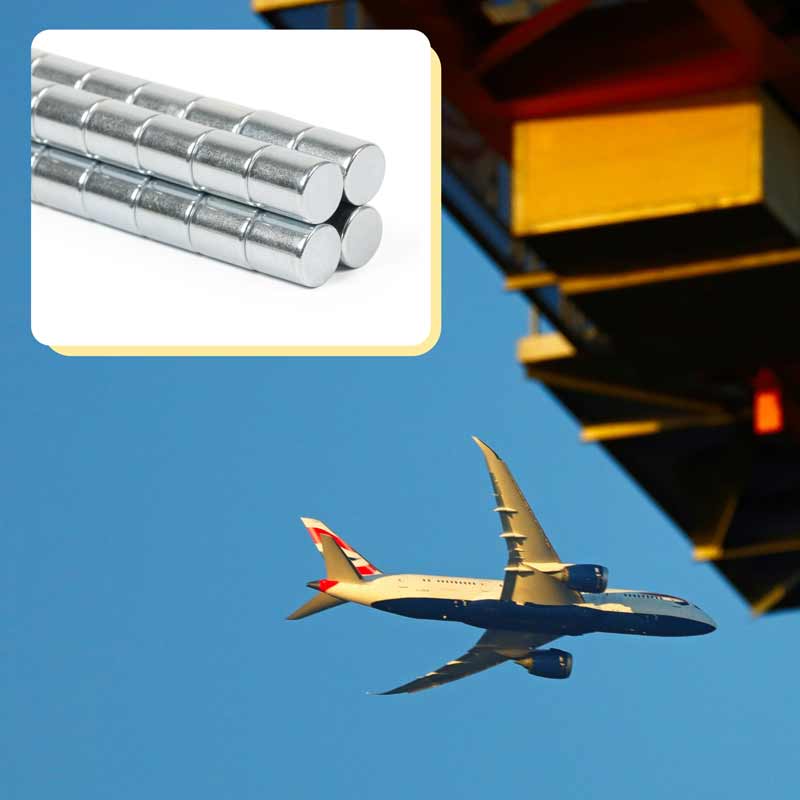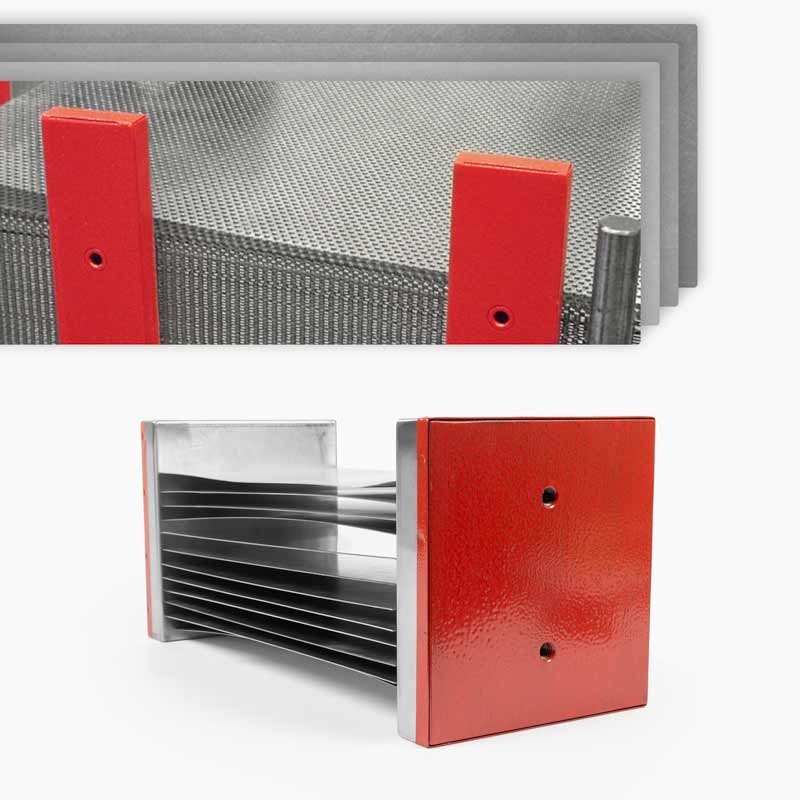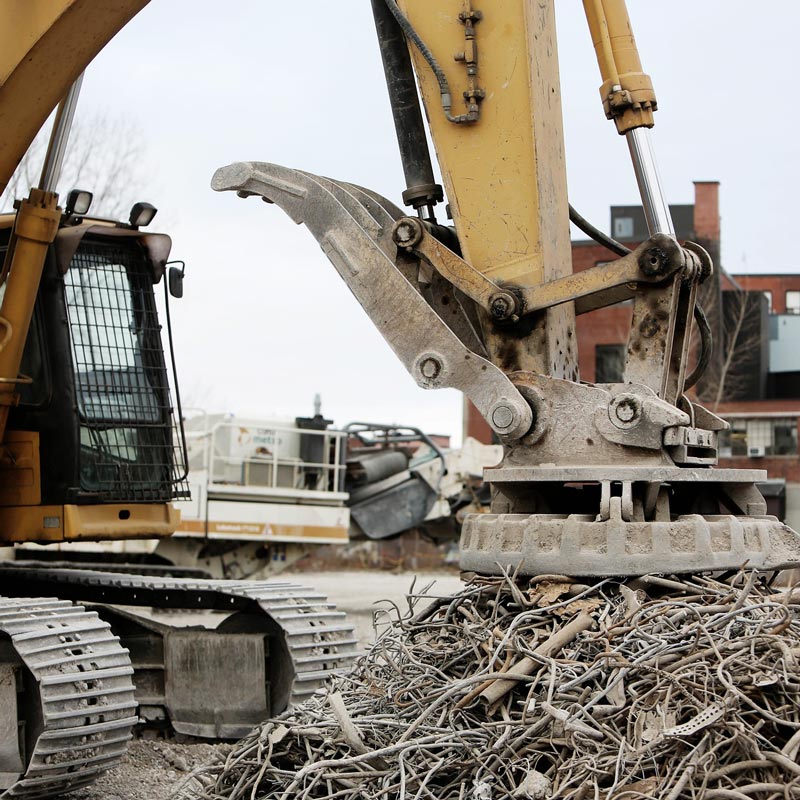Recent Post

Magnets in Restaurant Kitchens

Global supply challenges and HYAB’s role

Electromagnets – a more controllable magnet

Magnetic filtration in the process industry

Sheet metal handling – Easier with magnets
Magnets use in recycling and waste management
Published: 2023-03-02 09:43:39 • Daniel Gårdefelt
Magnets are playing a more and bigger part in recycling and waste management, two crucial challenges for our world. There are several ways to use magnets to enhance waste management and recycling procedures, which reduce waste and encourage sustainability. The use of magnets in waste management and recycling will be examined in greater detail in this article as we examine the many types of magnets utilized, their uses, and the advantages they offer.
Magnets Used in Recycling and Waste Management
Neodymium magnets, ferrite magnets, and electromagnetic magnets are the most popular types of magnets used in waste management and recycling.
Neodymium magnets are the most powerful magnets on the market, with a high strength-to-weight ratio and good magnetic stability. They are utilized in trash management and recycling applications such as magnetic separation, sorting, and lifting.
Ferrite magnets are another type of magnet that is commonly used in waste management and recycling because they have strong magnetic stability and are inexpensive. They are frequently found in low-cost waste management and recycling equipment such as magnetic sweepers and magnetic separators / steel sheet separators / conveyor belt magnets.
Electromagnets or extreme electro magnets are a third type of magnet that is employed in waste management and recycling. These magnets are made by running an electric current via a wire wrapped around a magnetic core, resulting in a powerful magnetic field that can be turned on and off as needed.
Magnets' Uses in Waste Management and Recycling
Magnets are utilized in many waste management and recycling applications, such as:
1. Magnetic separation: Magnets are employed in the recycling process to separate ferrous from non-ferrous materials. This aids in the reduction of contamination and the enhancement of the quality of recycled materials. We have a wide range of separators. Such as magnetic filter bars that are corrosion resistant and easy to clean - making them well suited for food handling. Other popular separators are what we call plate separator, overband magnet or magnetic separator. All of these systems have long magnetic fields which make them practical for finding and capturing iron from non-ferromagnetic materials. You can find them on our website here!
2. Sorting: Magnets are used to separate materials depending on their magnetic properties, such as paper and plastics. This helps to enhance sorting efficiency and limit the quantity of waste that ends up in landfills.
3. Lifting: Magnets are utilized in waste management and recycling operations to lift and move heavy objects such as scrap metal and building debris. This contributes to increased safety and efficiency in these contexts. See all of our lifting magnets here!
4. Magnetic sweepers: Magnets are used in magnetic sweepers to gather up metal trash in parking lots and other public spaces, such as nails and screws. This reduces the likelihood of flat tires and other risks. You can find our magnetic sweepers here!
Magnets' Advantages in Waste Management and Recycling
Magnets provide various advantages in trash management and recycling, including:
Reduced waste: Magnets can help to reduce the quantity of garbage that ends up in landfills by enhancing sorting efficiency and encouraging material recycling..
Improved efficiency: Magnets can aid in the improvement of waste management and recycling processes, lowering costs and boosting sustainability.
Increased safety: Magnets can help to improve safety in waste management and recycling facilities by enabling for the safe lifting and transportation of heavy goods.
Environmental protection: By lowering the quantity of waste that ends up in landfills and promoting sustainability, the use of magnets in waste management and recycling helps to safeguard the environment.
Conclusion
Magnets are an important waste management and recycling tool, providing a variety of benefits that can assist to decrease waste, enhance efficiency, promote safety, and protect the environment. As technology advances, we may expect to see even more magnets used in trash management and recycling, promoting sustainability and protecting our planet for future generations.


